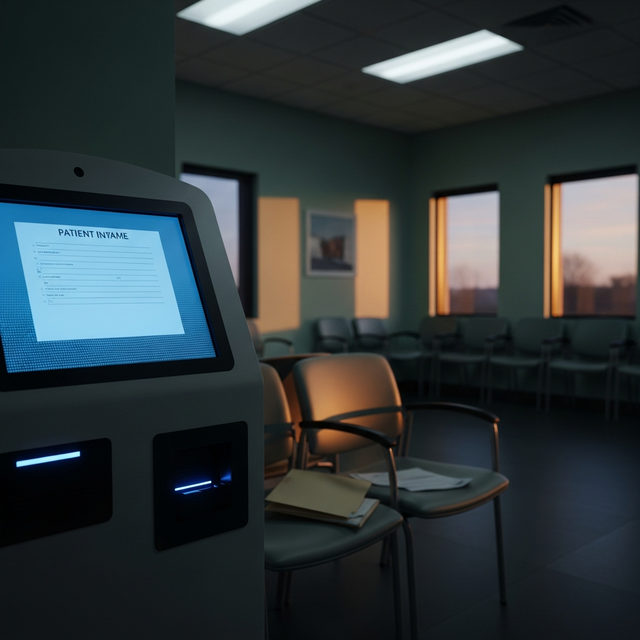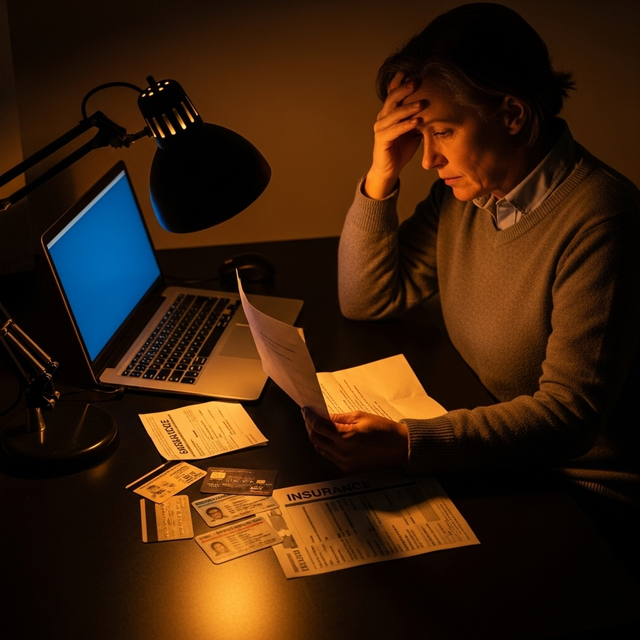The Devastating Rise of Royal and BlackSuit Ransomware: Over 450 U.S. Firms Hit, $370M Stolen

Royal and BlackSuit Ransomware Hit 450+ US Companies: Here's What You Need to Know
Remember when ransomware was just about encrypting files and asking for Bitcoin? Those were simpler times. What we're seeing now with Royal and BlackSuit ransomware is way scarier - these groups have pulled off one of the biggest cybercrime sprees in recent history, hitting over 450 U.S. companies and walking away with $370 million.
What Makes This Attack Different (And Why It's So Bad)
Think of traditional ransomware like someone putting a padlock on your front door and demanding money for the key. What Royal and BlackSuit did is more like breaking in, copying all your personal documents, locking you out, and then threatening to post everything online unless you pay up. It's called double-extortion, and it's absolutely brutal for businesses.
These aren't your average hackers. They're running sophisticated operations that specifically target businesses with:
Custom malware that adapts to each target
Social engineering tactics to get inside networks
Data theft before encryption to maximize leverage
Threats to publish stolen data on dark web forums
How They Got In (And How to Stop Them)
Here's the frustrating part - most of these attacks started with something preventable. The top entry points were:
Compromised passwords (especially ones used on multiple accounts)
Phishing emails that looked legitimate
Unpatched software vulnerabilities
Remote desktop connections with weak security
Look, I know I sound like a broken record, but this is exactly why I've been pushing everyone I know to use a password manager. I personally use NordPass because it makes using unique passwords for everything actually doable. Most of these attacks could've been stopped if people weren't reusing passwords across accounts.
The Double-Extortion Nightmare
What made these attacks particularly nasty was the double-extortion approach. First, they steal your sensitive data. Then they encrypt everything. It's like being held hostage twice - pay to get your systems back online, and pay again to keep your data private.
This is why having good backups isn't enough anymore. You need to prevent unauthorized access in the first place. One tool I've seen make a huge difference is Malwarebytes Premium - it catches a lot of these ransomware attempts before they can even start.
How They Got Caught (Finally)
The takedown involved law enforcement agencies from multiple countries working together. They managed to track the money through cryptocurrency transactions and eventually identified key players in the operation. But here's the thing - as soon as one group gets taken down, three more pop up using the same techniques.
Protecting Your Business: The Must-Do List
1.Lock Down Your Passwords- Use unique passwords for everything (seriously, get a password manager)- Enable two-factor authentication wherever possible- Regularly audit who has access to what
2.Backup Everything (The Right Way)- Keep offline backups that ransomware can't reach- Test your backups regularly- Store critical backups in multiple locations
3.Update and Patch- Set up automatic updates where possible- Have a regular schedule for manual updates- Don't ignore those annoying update notifications
4.Train Your People- Show them what phishing emails look like- Create clear security policies- Make it easy to report suspicious activity
The Bottom Line
The Royal and BlackSuit attacks are a wake-up call. Ransomware isn't just about losing access to your files anymore - it's about having your sensitive data exposed to the world. The good news is that basic security hygiene can prevent most of these attacks.
Start with the basics: get a good password manager, keep your systems updated, and make sure everyone knows what to watch out for. These groups are sophisticated, but they usually get in through simple mistakes that we can prevent.
Quick heads up:Some links in this article are affiliate links. If you buy something through them, we might earn a small commission (doesn't cost you extra). We only recommend stuff we'd actually use ourselves or set up for our own families. No BS recommendations here.


